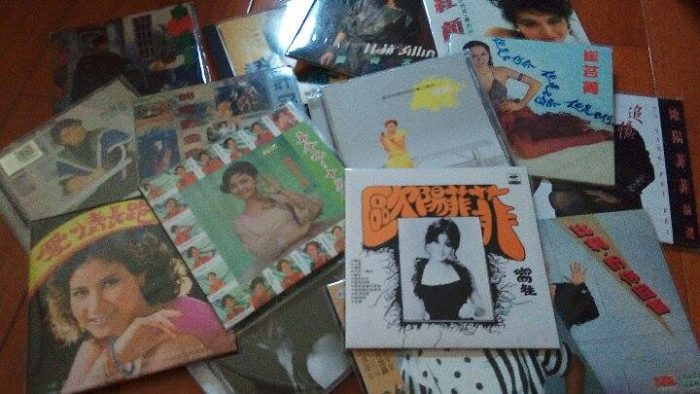
Taking more than 12 months of thoughtful planning, the website of Soundtraces.tw, a database of modern sound cultures in Taiwan built by TheCube Project Space, is publicly accessible online.
Following the exhibition ALTERing NATIVism: Sound Cultures in Post-War Taiwan in 2014 and the publication of the eponymous book (an epic collection of essays from more than 25 authors) in 2015, the website is another embodiment of the database-creation endeavor for the research on sound cultures in Taiwan. The exhibition and the book sought to collate the historical context of sound cultures in post-war Taiwan. Nevertheless, what they presented was only a part of the diverse narratives in this field. By virtue of the establishment of this database, TheCube expect to blaze different paths of viewing, listening and grasping modern sound cultures in Taiwan from a multiplicity of perspectives.
Starting with the premise of “schizophonia,” a term coined by Murray Schafer, a scholar of sound cultures, the database is dedicated to exploring the formation and transformation of “modern sound” since 1910. On a more specific basis, it focuses on the sound-making processes (e.g. recording, modulating and storing) and the ensuing cultures amidst the multifarious articulations and listening experiences separated by electric waves, etched grooves and digital signals as well as under different historical contexts and collective awareness.
The website is basically comprised of hundreds of event entries, and the number is continually increasing. The chronological timeline of the database starts from the launch of the first record label (Nipponophone Company, Taipei Branch Office) in 1910 when Taiwan was under Japanese rule, all the way through to the political, social, cultural and technological events occurred in 2014. Multidimensional connections and narratives are also woven with tags and genealogies. Access to the materials collected by TheCube Project Space in recent years has been made as free and public as possible on this website. We expect the database to practically help researchers who focus on related issues, keep the torch of exploration in this field aflame, and create new possibilities for promoting sound cultures in Taiwan.
The English version of Soundtraces.tw is to be produced.

